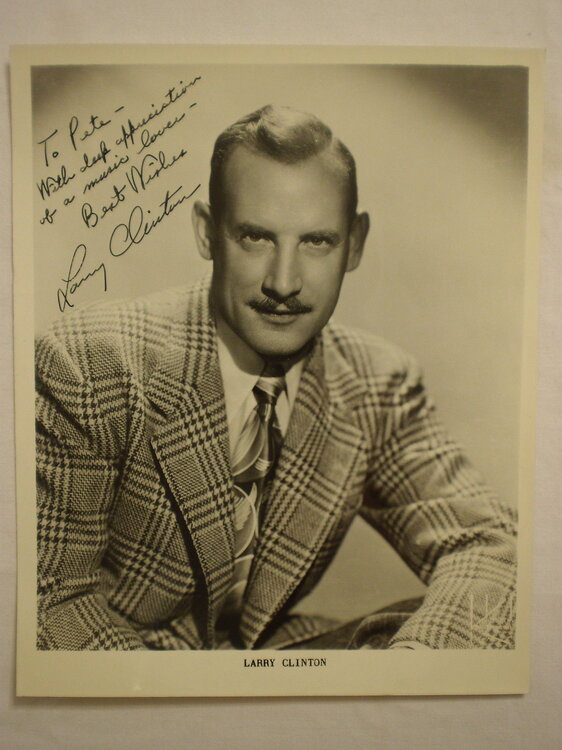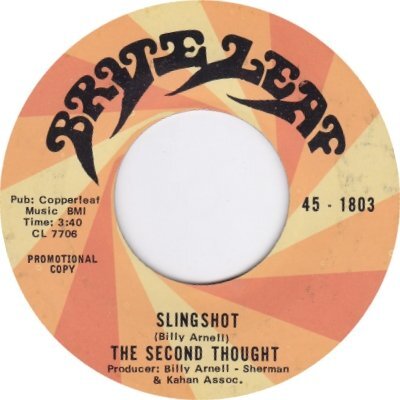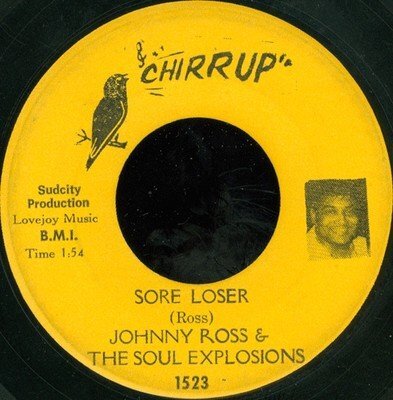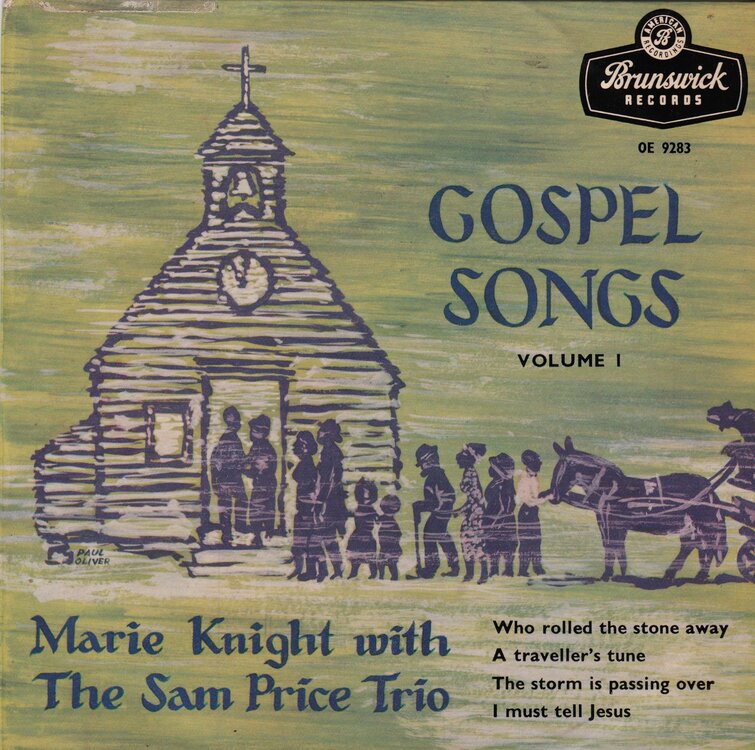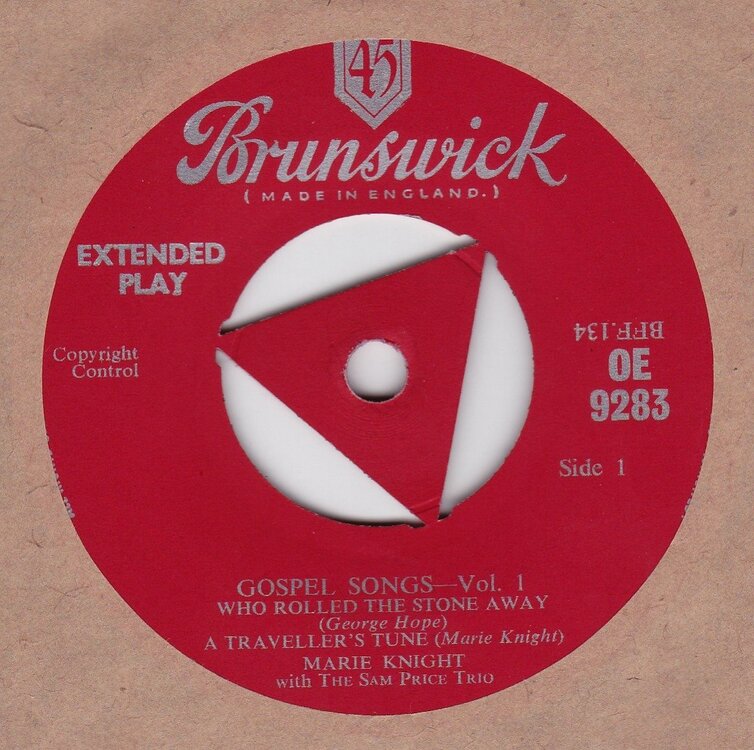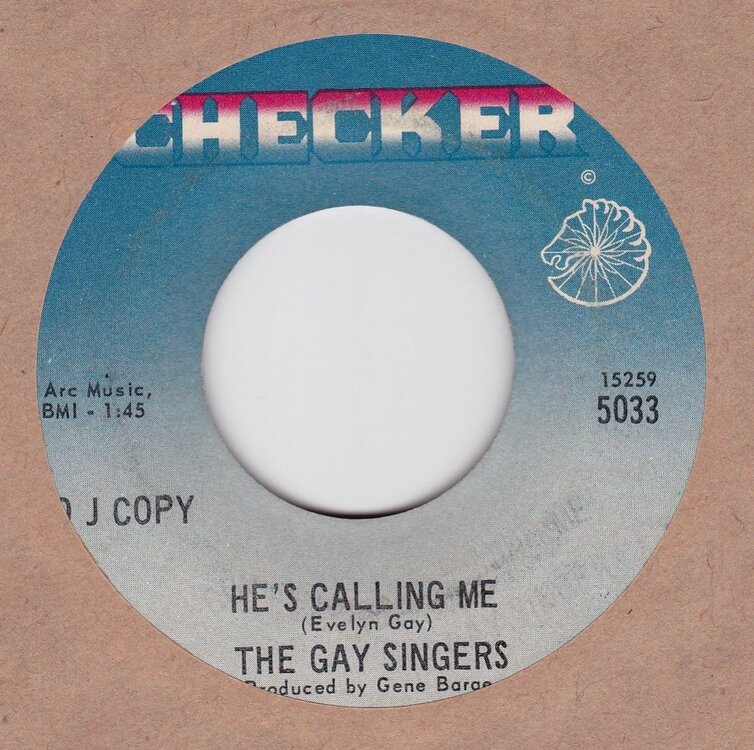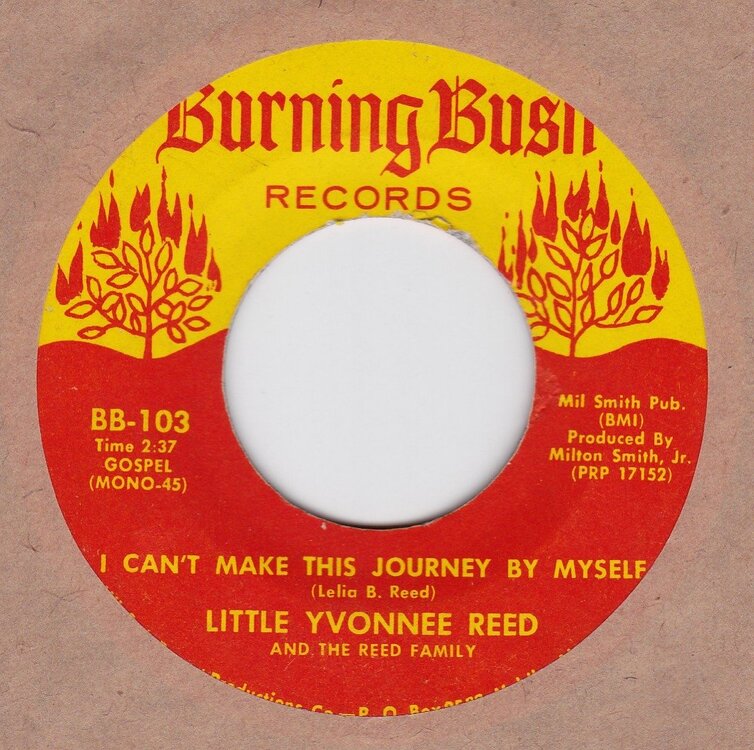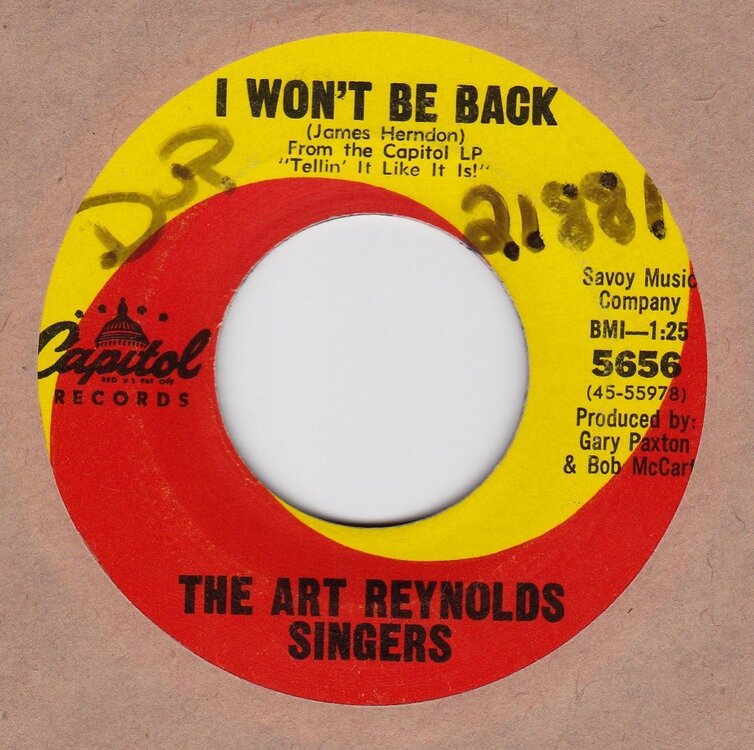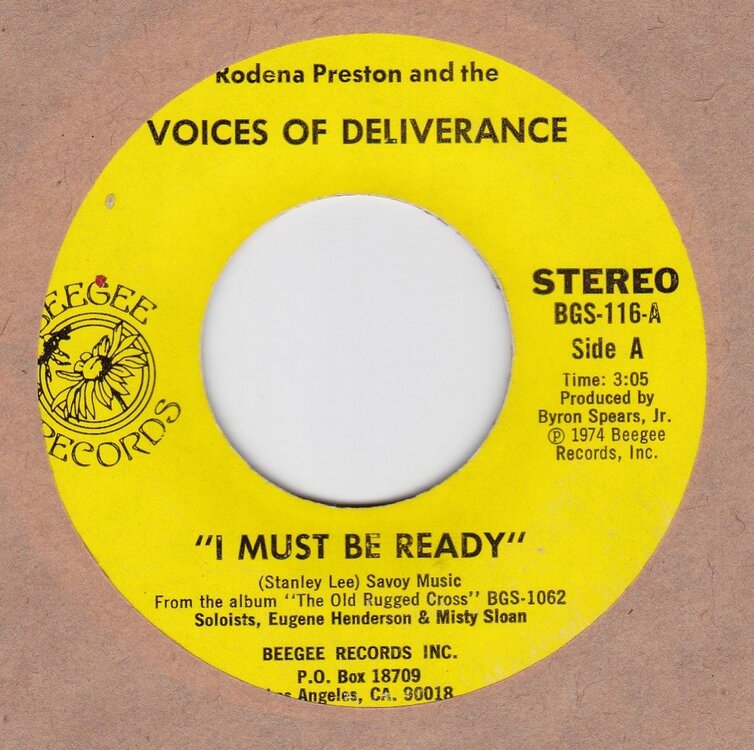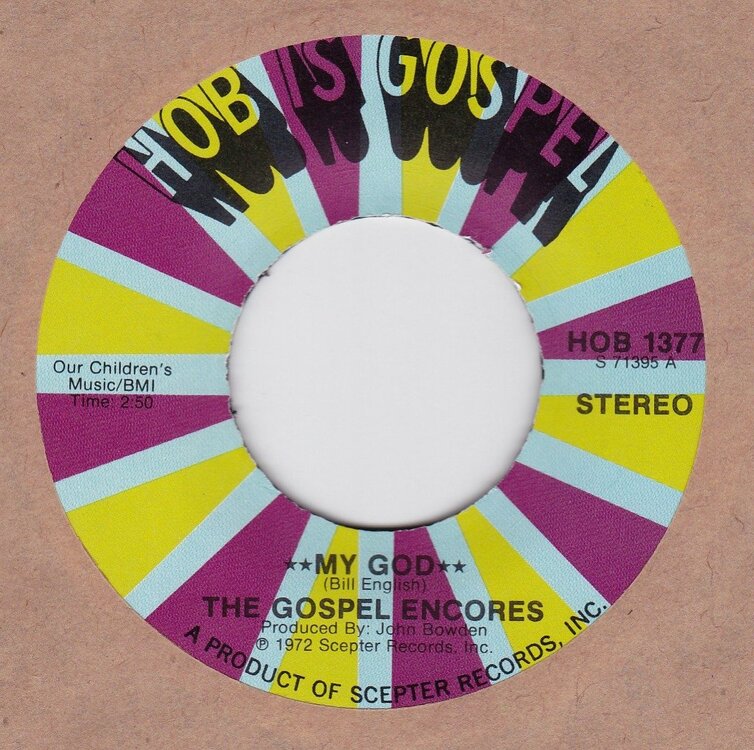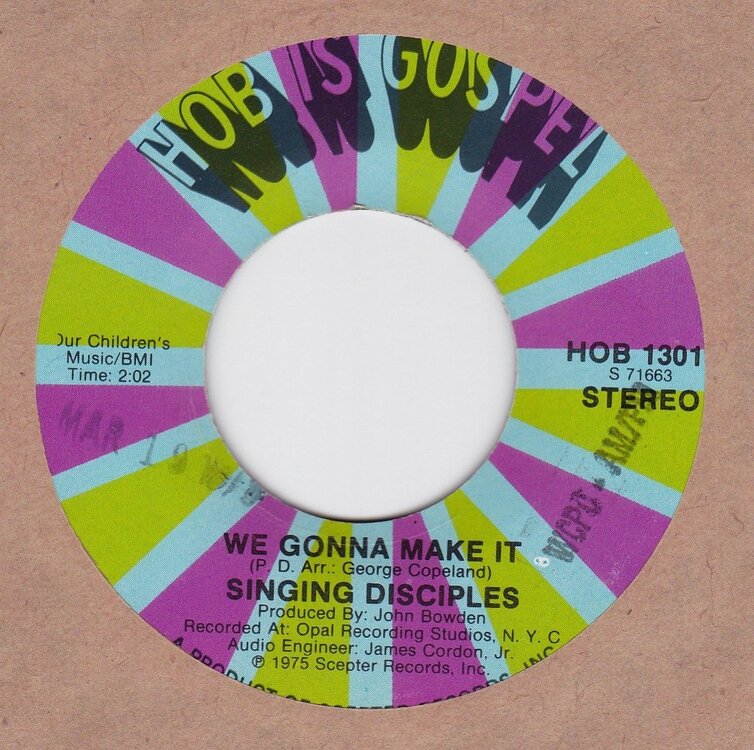Some great background to Numero's reissue of Forte label recordings here:
Chicago reissue label Numero Group revives the Kansas City soul label Forte
By David Hudnall @davidhudnall
Marva Whitney, one of the greatest soul singers to come out of Kansas City, died of complications from pneumonia last December. Whitney was best-known for her association with James Brown – she was a member of his James Brown Revue and later released solo records for Brown's King Records. Brown, sometimes known as Soul Brother No. 1, used to call Whitney Soul Sister No. 1.
By 1969, Brown and Whitney's romantic and professional relationship had soured (for those details, see Whitney's book, God, the Devil and James Brown: Memoirs of a Funky Diva), and Whitney returned to Kansas City. Back home, she hooked up with a man named Ellis Taylor, who ran the only soul label in town: Forte Records.
Forte Records operated from 1967 until the late '70s and released soul and funk albums from such groups as the Four Darlings, Everyday People, the Fabulous Rhythm Makers, and the Rayons. Unless you're a crate-digging DJ, a serious record collector or a local historian, those names likely don't register. But to the Chicago-based Numero Group – a pre-eminent reissue label that this week officially releases 28 songs from Forte's catalog on CD and a double LP – the songs have been worth years of pursuit.
"Forte is one of those labels that's been kind of known to us for a long time – it's been floating around," says Rob Sevier, a Numero Group founder who heads up Eccentric Soul, the funk-soul arm of the label. "Ten years ago, shortly before Ellis Taylor died, he basically dumped all his record stock to a junker – a guy who cleans out houses, basically. So there was this junker selling all these old Forte 45s on eBay, and I bought a bunch and so did a lot of other people. For a moment in time, they were very attainable records."
This was before Numero Group was even a label; Sevier was collecting purely out of enjoyment. He says he remembers hearing from other collectors that Taylor's son, Ellis Jr., was considering reissuing Forte's catalog. But that never came to pass. "Then about five years ago, we started thinking seriously about Forte," Sevier says. "By that point, we had gone from being a label that barely existed to one that had done a lot of soul reissues. So we were in a position to get a Forte release some attention." (Forte is the second KC-area reissue from the Numero Group; in 2008, it released a four-LP boxed set of Titan Records' late-'70s and early '80s power pop.)
The process was slowgoing. Whitney, who married (and later divorced) Ellis Taylor, owned half the rights to the label's masters; Ellis Jr. had inherited the other half after his father's death. Having been burned by record labels in the past, Whitney was initially suspicious of Numero Group and would communicate with the label only via surrogates. One of those surrogates was Dawayne Gilley, a longtime champion and historian of blues and jazz in Kansas City. "Dawayne was integral," Sevier says. "Marva trusted him."
Gilley and Whitney became friends in 1998; they met through another Kansas City diva, Myra Taylor. "I never knew Marva as a funk legend," Gilley says. "I didn't know that about her backstory for four to five years. Then one day at Music Exchange, I saw a reissue of a King album by Marva. Over time, I picked up that she was part of James Brown's show, that she had all these old connections. One time, she had [stax Records owner] Al Bell give me a call about something or other – I mean, she was the real deal."
In the spring of 2012, Whitney approached Gilley about looking into Numero Group and evaluating whether the deal they were offering was a legitimate one. "I knew a little about them [Numero]," Gilley says. "So I started calling people I knew I could trust. And everybody was saying Numero pretty much does what they say they'll do. Then I had to educate myself on the history of Forte. I talked to [The Fish Fry's] Chuck Haddix, I had [Cyprus Avenue's] Bill Shapiro look over contracts. And Marva had me talk to Ellis Jr. about it."
Ultimately, Whitney and Ellis Jr. decided to move forward, with Gilley negotiating the deal. "As I told Ellis Jr., at the end of the day they're reissuing a nice keepsake of your mother and father's work that wouldn't otherwise exist, and they're writing you a check to do it," Gilley says. "And maybe one of the songs gets used in a TV show or movie and you get some royalty money. Marva held some of the project up with unusual requests, but you can't really hold that against her – when you've had a lifetime of getting screwed over by record labels, it's hard to trust people."
Whitney was the star of the label in its later years, but in a lot of ways, the story of Forte is Taylor's. Before founding Forte, Taylor worked in a TV repair shop on Walrond Avenue, and then as an engineer at radio station KPRS (then AM, now Hot 103 Jamz).
"Ellis Taylor was a bit of a hustler, and – this is something I've found a lot with old label guys from his era – his inroad to the music business was his knowledge of electrical engineering," Sevier says. "He didn't have a ton of musical talent, but he had the know-how for the equipment. So he hooks up with a DJ named Rick Darnell, who turns out to be kind of a classic music-industry crook who stands between the money and the artists. Darnell recruits Taylor because he needs somebody to generate masters for his artists. They work together on a release, and it flops, and Darnell disappears, but Taylor ends up sticking with the business."
"In 1967 to '69, there wasn't anybody else in KC producing soul or funk music for black folks," Gilley says. "Ellis was a guy who was trying to get talent around here rolling and get artists in front of bigger industry people. I think he was more inspired by the technical and studio side of the process than being a business owner or bigwig. And I think he saw Forte as more of a demo label – he was able to get Decca interested in [Forte artists] Tony Ashley and the Rayons using demos he cut. He didn't hold anybody back, which is what a lot of managers, agents and producers did in those days."
Gilley also notes that business ethics were crucial to Whitney's agreeing to the deal with Numero. "They [Numero] had to agree to pay artist royalties to everybody on the compilation – and work to find everybody on the compilation – or else she wouldn't do the deal," he says. "She wanted to make sure everybody got paid, even if it meant she got less."
Forte continued releasing 45s (never an LP) through the late 1970s, when Whitney and Taylor divorced. Taylor reportedly stored his stock sleeveless, in a squalid garage, until just before his death. After some dark years as a lounge and torch singer, Whitney enjoyed a brief resurgence prior to her death, experiencing popularity abroad and having her work sampled in the DJ and hip-hop worlds. In recent years, certain Forte records have sold online for as much as $3,000.
There's much more to the Forte story, much of which can be found in the extensive liner notes that accompany the Numero Group reissue. (Every major record store in town is stocking the release, and Zebedee's RPM is having a soul party with live music Saturday, September 7, to celebrate.) Unfortunately, Numero Group was unable to do a proper interview with Whitney before her death, so some mysteries remain.
"She died a few weeks after giving us the go-ahead to come down to Kansas City and interview her," Sevier says. "We have access to existing interviews with her but none that are Forte-focused."
"I do wish Marva could have talked to Numero for the album notes," Gilley says. "Because even though she could be difficult, she was, at her core, a people person. She has to be about the most down-to-earth superstar diva that ever lived. She grew up in Armourdale, then moved to the northeast part of KCK. And then she's on the road with James Brown and on the cover of Jet magazine. She was the biggest thing going for a while there, but she stayed humble. And in some ways, I think she could have been a bigger star if she'd stuck with James Brown or made some different decisions. But at least now, with this release, folks in KC and beyond will hear the funk and soul pleasures of her music."
https://www.pitch.com/kansascity/forte-reissue-kansas-city-numero-group-marva-whitney/Content?oid=3396308&showFullText=true


